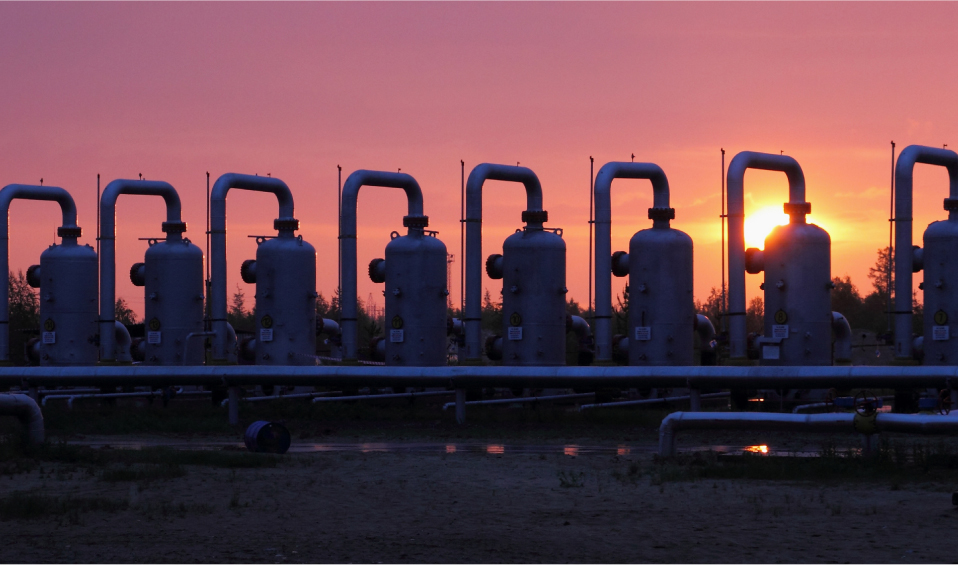
Thanks to ESCP Business School's Energy Management Centre wide network in the academic and business communities, our views on energy news give you comprehensive insight into energy issues.
Please join us...
While it is true that low oil prices could reduce the cost of manufacturing, thus helping the global economy to grow, it is a short-term benefit as this is offset by a curtailment of global investment which forces companies around the world to cut spending, sell assets and make thousands, if not millions, of people redundant.
Therefore, it is doubtful whether the steep decline in oil prices would provide a boost to the US economic recovery. While the price decline would certainly provide the equivalent of a sizable tax cut for US consumers, it will deliver a major blow to the increasingly important US oil industry.
The militant group Niger Delta Avengers once again took the arms and destroyed several oil wells and installations located in South of Nigeria, region populated by a large Christian community.
There is a grim feeling ofdéjà vutaking us back to 2006-2009 when rebels of this region inhabited by some 20 million people revolted against the federal government demanding at least some control over local natural resources.
On July 12th, 2016, the UK Climate Change Committee was reported as advising that, if near surface temperatures rise more than 20 C above their 'pre-industrial' level by the 2040s then there will be chronic water shortages in the UK and people living in modern homes will die from the heat. Or they will unless they fit shutters to their windows like the French do, because modern British homes, care homes, and hospitals have been designed to retain heat in winter rather than stay cool in summer.
If, however, near surface temperatures do not rise by more than 20 C then there will be flooding on a massive scale, affecting homes and agricultural land on a large scale. The Committee's Report to the 2015/2016 Winter Floods Inquiry, issued in March, 2016, pointed out that over 30,000 new homes had been built on land liable to flooding since 2008. The Committee supported the widespread view that the flooding in the North-West of England, like the earlier flooding of the Somerset Levels, was unprecedented and "was made 50 - 75% more likely due to the warming of the atmosphere that has already occurred." [0.890 C, not the 10 C they claimed].
A new claim has been made about the size of the United States proven oil reserves. The claim comes this time not from BP Statistical Review of World Energy but from a Norwegian Consulting Group Rystad Energy.
Rystad Energy claims in a new report quoted by Reuters that due to its large deposits of shale oil, the United States has more recoverable oil reserves than either Russia or Saudi Arabia.




527 Finchley Road
London NW3 7BG
United Kingdom
Tel: +44 (0)20 7443 8800
Fax: +44 (0)20 7443 8845
E-mail: [email protected]










